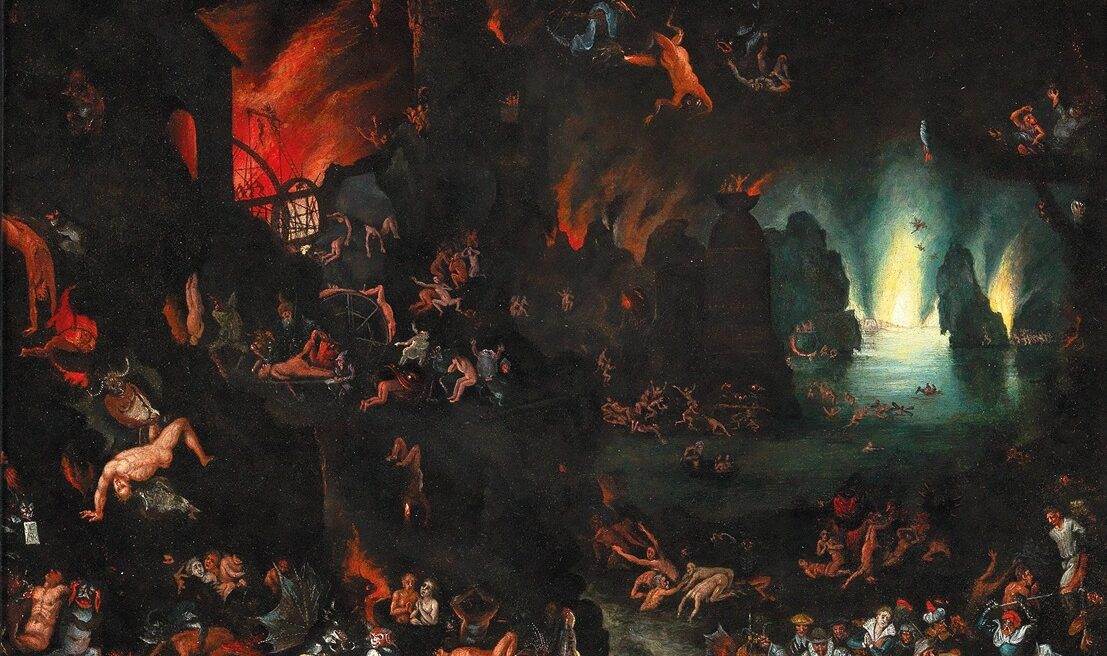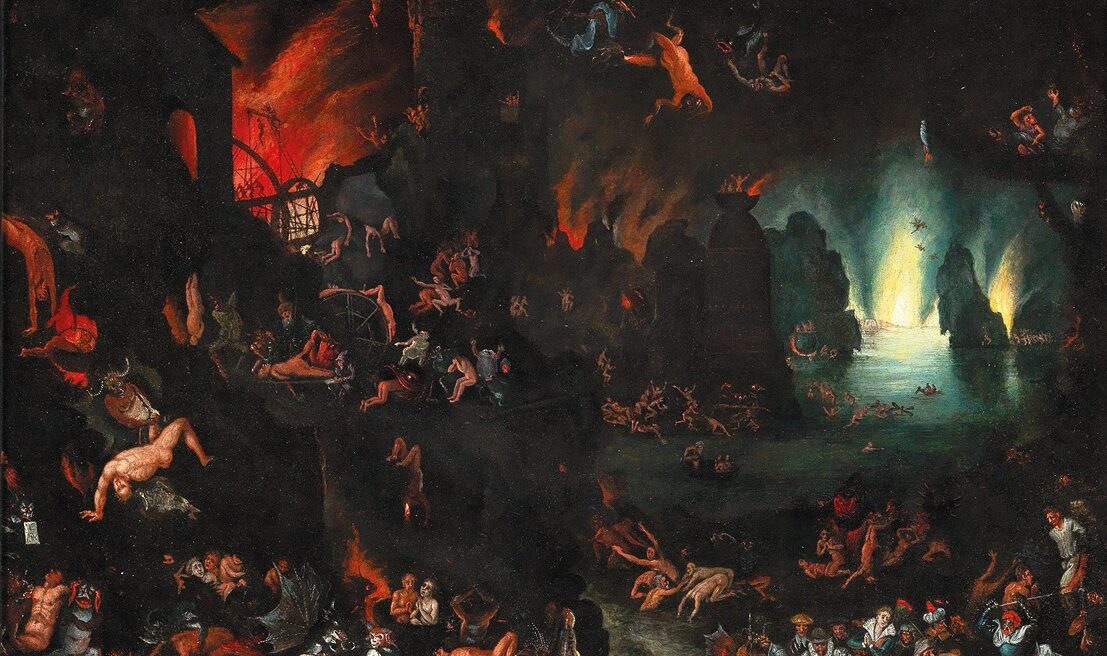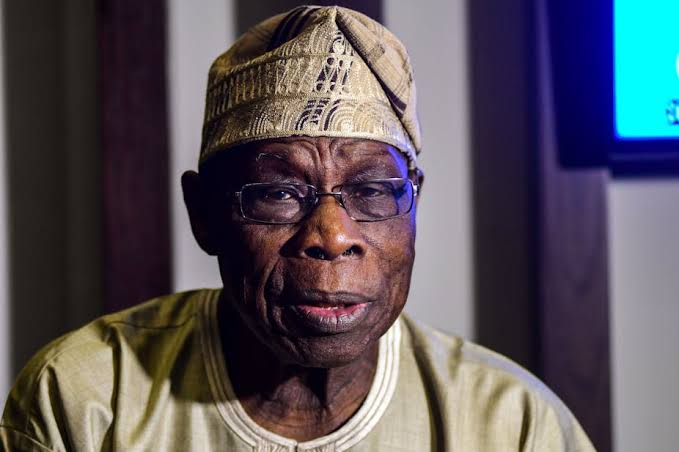Harris’s Price Control Plan is Worse Than You Think

Politics tamfitronics
Politics
Reconsidering “the infernal return” and its truth in today’s politics.

The Myth of the Eternal Return is the title of a 1954 tome by the Romanian historian Mircea Eliade, although many other deep thinkers, from Pythagoras to Nietszche, have voyaged into the same poetic and philosophic recesses.
My task is much shallower: To show how old, bad, ideas keep recurring in American politics. Yes, I bear witness to The Truth of Infernal Return. As with bad pennies and bad breath, it’s no myth that our politics are infested with nefarious ideas that never die and eternal lie. As with some Lovecraftian daemon, they await their infernal comeback.
Case in point: Kamala Harris’s August 16 announcement of her plan for price controls—that being a fair way to describe federal monitoring of “price gouging.” Harris has revived one of the worst ideas from the stagflationary (stagnation + inflation) 1970s. More on that later, but let’s recall other bad ideas that have lamentably rebounded:
Firstunnecessary foreign war. Into this Baby Boomer, memories of the bloody futility of the Vietnam War are seared. So when the North Vietnamese finally conquered South Vietnam in 1975, my teenage self said, “Well, at least the U.S. will never make that mistake again.” Which only proves I had a lot to learn. As we all know, less than three decades later, the U.S. invaded Iraq, a military operation that made the Vietnam War look prudential.
Today, 21 years after George W. Bush’s “Mission Accomplished”—the most grimly hilarious pronunciamento since Vietnam’s “It became necessary to destroy the town to save it”—we still have troops in Iraq, which is now dominated, of course, by Iran. So what, now, are those Americans doing there? They aren’t looking for WMDs, and they aren’t building democracy. Instead, they are fighting Al Qaeda, ISIS, Daesh—or whatever new bogeyman emerges from the Middle East’s tireless terror-meme generator.
According to reports, the U.S. has 3,400 troops in Iraq and adjacent Syria, but only a fool would vouch for the accuracy of that number, given officialdom’s history of fibbing, the slippery X-factor of contractors—and perhaps some other number-hiding shell-game that we’ll learn about only in the next investigative scoop.
Just in January, three American GIs were killed in Jordan. Meanwhile, Americans are operating around the edges of the Gaza War, without much success, and it seems likely that if Iran attacks Israel, and/or Israel attacks Iran, the U.S. will be at least somewhat engaged on Israel’s side.
Is all this military involvement 6,000 miles away a good idea? Most Americans are at least skeptical, and so that’s why we aren’t much consulted. Instead, the Deep State and Centcom, operating on globalist-neocon autopilot, do their thing. Which is to say, through accident or design, we could blunder into another Iraq- or Vietnam-type quagmire. Mircea Eliade was no geopolitician, but he would smile at the repetition.
Moreover, an American could have similar forebodings about U.S. involvement in Ukraine, Africa, and East Asia.
It seems that the elite presumption that the U.S. must be the world’s policeman is as strong as ever. Our betters no longer speak of the “Unipolar Moment,” and yet American troops are poised to force-project anywhere and everywhere. So half a century after Vietnam, two decades after Iraq, the Truth of the Infernal Return abides.
Secondracial segregation. Once again, Boomer memory speaks—of Dr. King and a civil rights movement dedicated to colorblindness, emphasizing the content of our character.
Yet then segregation made a comeback, in the form of overt ethnic separatism on campuses, a politically correct apartheid. Of course, it was still illegal for Whites to discriminate and exclude, but social justice required that Blacks, Hispanics, Asians, and eventually, sexualities, be encouraged—even financed—as they discriminated and excluded. This ethnic divisiveness took over workplaces as well, under the guises of DEI, wokeness, and anti-racism.
To be sure, this woke wave seems to have crested, but as the wave image implies, the crest will be followed by a trough, and that, I turn will be followed, with Eliade-an inevitability, by a new swell.
Thirdcrime. From the ’50s to the ’80s, criminality spiked. In those days, it didn’t matter that Republicans dominated the White House and made federal judicial appointments. The problem was that GOP presidents—trusting the American Bar Association, even as it canted leftward—were unable to distinguish between hard-nosed conservatives and soft-headed turn-‘em-loosers. The most egregious of these was Supreme Court Justice William Brennan, appointed by Republican Dwight Eisenhower in 1956, and a black-robed angel for criminals over his next 34 years on the bench.
Fortunately, along came the Federalist Society in 1982, beginning the bringing of rightist rigor to Republican judicial selection. At around the same time, mayors and police chiefs began relearning old lessons, such as walking the beat and noticing crooked behavior. Around 1990, the crime tide started to subside.
But as with waves, tides go up as well as down, and over the last decade, the “Ferguson Effect” pushed crime back up. Happily, just in the past very few years, the current has shifted back, once again, toward law and order. Yet by now we can see that if the waters of human affairs flow one way, they can also flow the other way.
Once again, the Infernal Truth: No lost causes, no won causes.
Now back to Vice President Harris and her price plan (among other policy proposals made on August 16). In her words, “The first-ever federal ban on price gouging on food and groceries.” But in fact, it’s not a first, as Uncle Sam imposed price controls during the Second World War, the Korean War, and again in the 1970s. One can defend price controls in world-wartime, and yet the most recent imposition, during the Nixon administration, was just another chapter in the dismal history of short-term political opportunism and long-term economic folly (this Boomer remembers the era well: that’s how, in recoil, he became a Reaganite).
As an iron law of history, price controls do more harm than good; anyone curious about this dreary history might consult a 1979 classic, Forty Centuries of Wage and Price Controls: How Not to Fight Inflationhandily free online.
This year, the candidate Harris can count on media cheerleading, but she was better off focusing on joyful generalities, as opposed to policy specifics. But then she stepped on a rake, deliberatelywith that price-control plan. It was to be expected that Republicans would rebuke, but Team Harris didn’t expect that moderate Democrats, too, would want to puke.
Hence this doozy of a subhed from a Washington Post columnist on August 15: “It’s hard to exaggerate how bad Kamala Harris’s price-gouging proposal is.” Two days later, the Post editorial page let Harris have it; the vice president had “squandered the moment on populist gimmicks.” Beltway-buzzy Axios’ s hed: “Economists pan Harris-nomics.”
Polymarket, one of those online prediction parlors, shows that Harris’s odds of winning took a hit. Some will argue that, by the nature of their participants, online markets are hyper-sensitive to tax news, and yet the players are playing with real money, which is more than talking-head pundits can say.
To be sure, the Democratic convention in Chicago has gone better than many expected, and yet the nominee’s left-wing economic proposals—higher taxes on both big corporations and small business, as well as hikes on capital gains, both realized and unrealized—keep pouring forth.
Admittedly, polls show Harris, slightly ahead—she is, after all, running against Donald Trump—but in 2016, Hillary Clinton received 2.1 percent more popular votes than Trump, and yet she lost in the electoral college. To actually win the presidency, a Democratic presidential candidate likely needs a margin closer to Biden’s spread in 2020, which was 4.5 points.
Furthermore, there’s the X-factor of independent candidate Robert F, Kennedy, Jr., who reportedly plans to drop out and perhaps endorse Trump. If so, that could mean a few points for the GOP.
So what were the Harris people thinking? Why shift the focus from the joy of First Woman of Color to the killjoy of tax hikes and dirigiste? From whence this Walter Mondale move?
As the Manhattan Institute’s Brian Riedl observes, progressives don’t grasp that “certain policy views that look good in a simplistic poll question completely blow up in a rough-and-tumble campaign.” That is, progs figured that if Americans don’t like high prices, then they would support a plan that said “anti-high prices.” The Harrisniks didn’t think many would want to first look under the bureaucratic hood. Eventually, more details about the Harris will come dribbling out, and we’ll be reminded that every federal initiative these days comes with an HR rulebook: set-asides, transgender rules, Net Zero, Covid regs, “safe spaces,” and all that kludge.
Yet there could be a deeper reason why Harris bannered the food issue and all the other left nostrums: She really is a lefty. After all, she was born in Oakland, raised in Berkeley and Canada, went to college in Washington, D.C. and then completed her education and launched her career in San Francisco. Not too many conservatives, or even moderates, along that trail.
No wonder she was the most left-wing senator, that in 2019 she ran a (short-lived) left-wing presidential campaign, that she was the czarina of the open border, and that she bypassed mere liberals to pick a hard-left running mate, Tim Walz.
Happily for Harris, she has had plenty of kindred spirits in the Biden administration, because Middle Class Joe was Gramscianized from the beginning. Back in 2022, POLITICO quoted lefty strategist Sean McElwee waxing strategic about the left’s long march into the high pavilions of power: “Do you know how many cryptocommunists are now working for the Biden administration? How many former Bernie Sanders staffers who are pretty f—ing deep in the White House’s policy nexus?”
McElwee added, “The revolutionary socialist phase has kind of faded for the left. But the flip side of that is that a lot of those people have infiltrated to the highest levels of Democratic politics.”
Subscribe Today
Get daily emails in your inbox
Comrades don’t care that the economics of price controls are so poor. Or that higher capital gains taxes—also known as wealth taxes—are so relentlessly, internationally, impoverishing. For bros and tankies, the real riches are power and domination. By this reckoning, controlling prices and stymieing investments are a happy slip-slide down slope toward social democracy, socialism, ecotopianism, pick-your-pronoun-ism, and other favored -isms.
By now we should realize: Bad ideas don’t just make their Infernal Return because people are misinformed. Yes, some people are heedless of history, thereby proving Santayana right. Yet others wish to bring back bad ideas because they themselves are bad. Maybe the better word for them is wicked.
And so the infernal returns.
Discover more from Tamfis Nigeria Lmited
Subscribe to get the latest posts sent to your email.



 Hot Deals
Hot Deals Shopfinish
Shopfinish Shop
Shop Appliances
Appliances Babies & Kids
Babies & Kids Best Selling
Best Selling Books
Books Consumer Electronics
Consumer Electronics Furniture
Furniture Home & Kitchen
Home & Kitchen Jewelry
Jewelry Luxury & Beauty
Luxury & Beauty Shoes
Shoes Training & Certifications
Training & Certifications Wears & Clothings
Wears & Clothings















